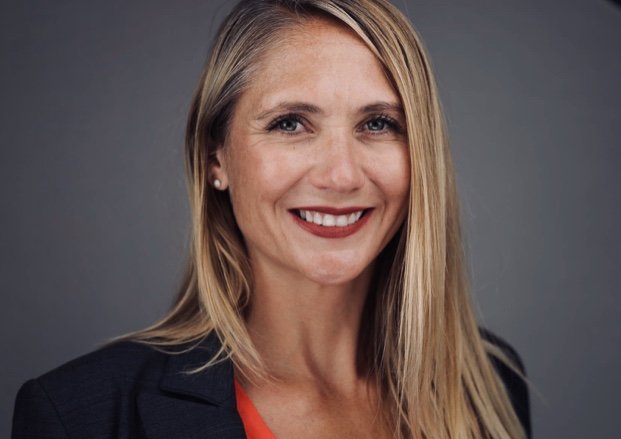What made you decide to become a CASA? In my former career, I spent countless hours processing crime scenes and analyzing forensic evidence often involving children who were victims of domestic violence, abuse, and/or innocent bystanders. Needless to say, I quit that job and moved across state not really knowing what I was going to put my energy into. This would be the first time I had the bandwidth to do something I had always wanted to do, VOLUNTEER. I believe our trajectory in life begins when we are born. It only takes one person or one experience to change that. Support for our youth and those experiencing generational trauma are at the height of importance. I want to be that constant, that unwavering love and safe haven. I want to be a facilitator of information, hope, and security. That friend that listens without judgement, a cheerleader, and a soundboard.
What has been the most rewarding part of being a CASA? The most rewarding part is that smile, when they feel safe with you and are at peace. Listening to their dreams in life. Experiencing milestones together…learning to speak, progressing in school, overcoming behavioral differences.
Please share a special moment with us about your advocacy work with your CASA kid or on your case. I am especially grateful for every waking moment with my kids.
What is your favorite way to connect with your CASA kid(s)? It’s always fun to connect doing something interactive. I like to verbally validate their feelings and consistently let them know I am here for them and no one else. I find that asking questions is just a bore for the kids. When visiting, I don’t bring my phone or any other distractions. I ensure they have my undivided attention whether it is face to face or otherwise. I give them the opportunity to lead the conversation and step in if I feel they are struggling. I like to visit with no expectations leaving room for organic interaction. Sometimes we don’t converse and that’s okay. Expression has many forms and who am I to dictate what that is for the children?
Why do you think having a CASA volunteer throughout such a chaotic time is important for foster children? I feel like uncertainty is the root of fear. We fear what we don’t know. Navigating life is hard enough as an adult. These kids meet a multitude of people during placement and lengthy court proceedings. I CHOSE to move to a new town at 38 years old and it was HARD. These children are thrust into a new life, with sometimes multiple placements (often strangers), new schools, doctors, friends, “pseudo”siblings, and all of the professionals they are trusting to keep them safe. A CASA provides a routine of sorts to help keep them grounded and gives them assurance that though the world is spinning around them, they know where true north is. We have the privilege to act as a compass when they feel lost. What a gift it is to be a CASA.

